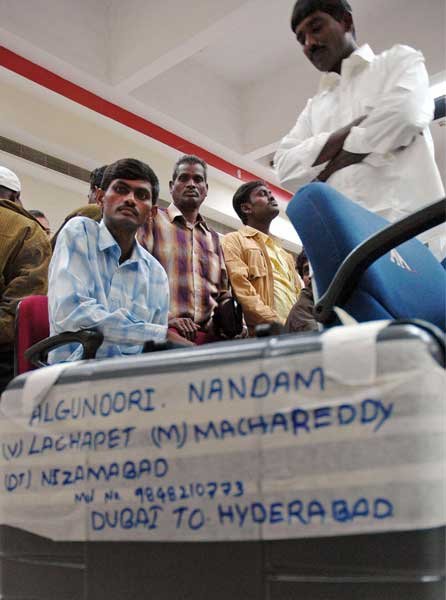
Himachal Pradesh government mulls legalizing cannabis cultivation
Shimla, April 7
Legalizing cannabis cultivation once again became a topic of discussion in the Vidhan Sabha, with a committee being set up to examine the issue. The Speaker of the House, Kuldeep Singh Pathania, has set up a five-member committee on the advice of the Chief Minister to submit a report on the issue.
The committee, headed by Revenue Minister Jagat Singh Negi, will have Chief Parliamentary Secretary (CPS) Sunder Singh and Hans Raj, Puran Chand Thakur, and Dr Janak Raj as members. The committee will submit its report on the use, misuse, and other aspects of cannabis cultivation within one month.
The decision to constitute the committee was taken after a resolution moved by Puran Chand Thakur of the BJP. Thakur argued that legalizing cannabis cultivation would improve rural areas’ economies and increase the state’s revenue. Sunder Singh Thakur of the Congress party supported the resolution, saying that permission should be granted for the cultivation of cannabis for medicinal and industrial purposes.
The Chief Minister, Sukhvinder Singh Sukhu, said that the government would elicit complete information regarding the medicinal use of leaves and seeds of cannabis before taking any decision. The committee would visit the places where illegal cultivation of cannabis is rampant before submitting its report, Sukhu said. He also noted that the Union government had permitted the cultivation of cannabis in some districts of Rajasthan, Madhya Pradesh and Uttar Pradesh, and cannabis cultivation is also being done in Uttarakhand.
Under the NDPS Act, state governments can cultivate and transport cannabis and grow it for industrial and horticulture purposes. If cannabis has medicinal qualities, the government can understand it better through the committee. Legalizing cannabis cultivation could have a significant impact on the state’s economy, as well as the health and well-being of its citizens.
Cannabis, has been used for medicinal purposes for thousands of years. It is believed to have analgesic, anti-inflammatory, and anti-anxiety properties, among other benefits. However, it is also known to be addictive and can adversely affect the brain and mental health. The use of cannabis is currently illegal in India, but there has been growing interest in legalizing it for medicinal and industrial purposes.
The committee’s report is eagerly awaited, as it could have far-reaching consequences for the state’s economy and public health. Legalizing cannabis cultivation could provide a new source of income for farmers and help to create jobs in rural areas. It could also lead to the development of new medicines and other products derived from cannabis.
At the same time, there are concerns about the potential risks of legalizing cannabis cultivation. Some worry that it could lead to increased drug use and addiction and the spread of organized crime. There are also concerns about the environmental impact of large-scale cannabis cultivation.
As the committee begins its work, it will be essential to weigh the potential benefits and risks of legalizing cannabis cultivation carefully. With careful planning and regulation, it may be possible to harness the benefits of this plant while minimizing its risks. The committee’s report will be eagerly awaited by all those interested in the future of cannabis cultivation in the state

The HimachalScape Bureau comprises seasoned journalists from Himachal Pradesh with over 25 years of experience in leading media conglomerates such as The Times of India and United News of India. Known for their in-depth regional insights, the team brings credible, research-driven, and balanced reportage on Himachal’s socio-political and developmental landscape.











1 thought on “Himachal Pradesh government mulls legalizing cannabis cultivation”